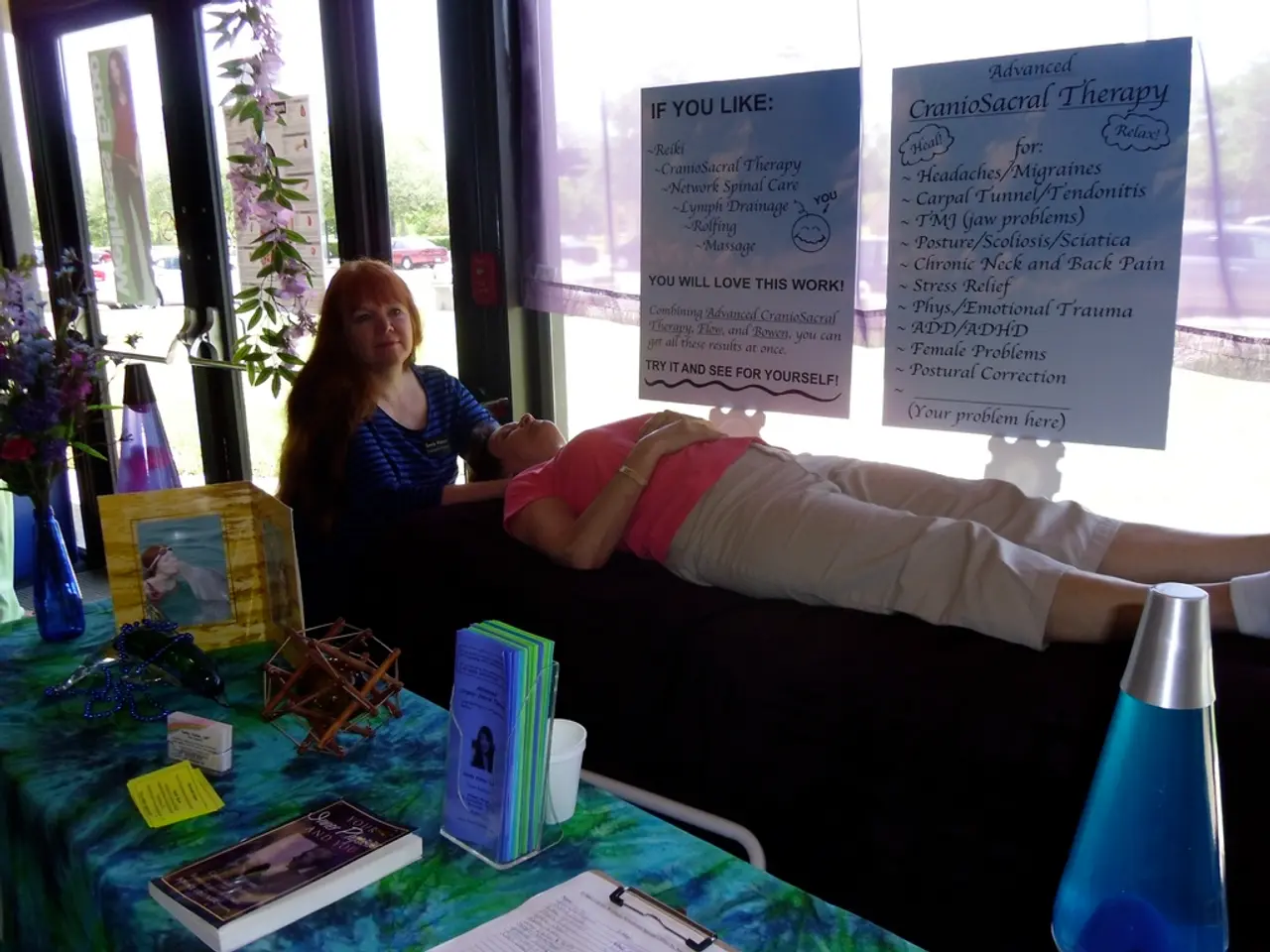Practical Methods for Integrating Mindfulness into Daily Life
In today's fast-paced world, finding moments of peace and mindfulness can be challenging. However, incorporating mindfulness into daily life doesn't have to be a daunting task. Here are some techniques and practices that can help improve mental and physical health, foster reduced stress, and promote overall well-being.
Creating a sense of simplicity in our living spaces can support mindfulness practice. By decluttering and focusing on calming colours, we can create a more peaceful atmosphere at home. Mindfulness can also be practiced at work by taking short mindful breaks, practicing deep breathing exercises, and being fully present and engaged in your tasks.
One of the fundamental mindfulness practices is deep belly breathing and box breathing. These techniques enhance relaxation and help anchor attention to the present moment by focusing on slow, structured breaths. Micro or brief mindfulness exercises, such as one-minute breath awareness, quick sensory check-ins, or short mindful pauses, can be integrated easily into daily routines, helping to reduce stress and improve focus without requiring large time commitments.
Mindful engagement in routine activities can transform automatic habits into moments of present-moment awareness. This involves attending carefully to the sensory details and bodily sensations involved when performing everyday tasks like brushing teeth, showering, making coffee or tea, and eating.
Other practices include the five senses check-in, progressive muscle relaxation, mindful walking, labelling or noting thoughts and emotions, mindful journaling, mindful self-care rituals, limiting technology use at key times, and establishing a specific area for meditation or yoga practice at home.
Establishing mindfulness in communication and relationships can lead to deeper connections with others and greater emotional intelligence. Practicing mindfulness in communication involves listening fully to others without interrupting or formulating a response in your mind. Being aware of your own thoughts and emotions during interactions with others can help you respond more thoughtfully rather than reacting impulsively.
Designating screen-free zones in the home, such as the bedroom or dining area, can create a mindful environment. Reducing exposure to distractions, such as limiting the use of electronic devices and reducing background noise, can cultivate focus and clarity.
Mindfulness has been shown to reduce stress, improve mental clarity, enhance emotional regulation, and promote overall well-being. By adopting these practices gradually and seamlessly weaving them into daily life, we can foster reduced stress, improved emotional regulation, enhanced focus, and overall well-being.
Engaging in education and self-development courses related to mindfulness can provide valuable insights on mental health. Such courses often cover topics like personal growth, health-and-wellness, and science, offering practical techniques to enhance well-being.
Incorporating mindful self-care rituals into your daily routine, such as reading inspiring books, taking a warm bath, or practicing meditation, can contribute to mental health and promote personal growth.
Mindfulness apps, online tutorials, and guided meditations are accessible resources that can help individuals learn mindfulness practices effectively and efficiently, making them ideal for those seeking to improve their mental health and overall well-being.




